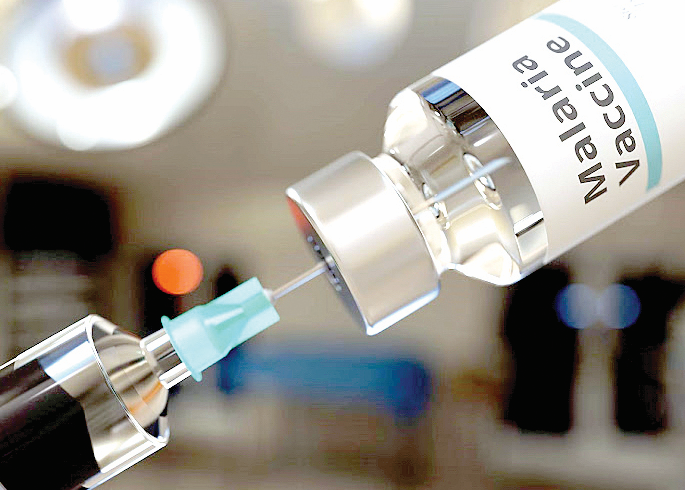More groups protest vaccine shortage

More groups have joined the chorus of concern about the shortage of vaccines in Kenya.
The International Rescue Committee (IRC), CORE Group Partners, and the World Health Organisation (WHO) have warned that the implications of the shortage could be dire, especially for children living in refugee camps in northern Kenya and adjacent areas.
The shortage not only threatens the health of vulnerable children but also risks undoing significant health advances in the country, three officers from the organisations noted.
Previous outbreaks
Previous outbreaks of vaccine-preventable diseases like polio and measles in border regions highlight the urgent need for intervention, said Brigid Waliuba, IRC technical coordinator health.
These areas, she said, are especially vulnerable due to their endless cross-border movement and nomadic lifestyle.
On June 22, 2023, a suspected case of circulating vaccine-derived poliovirus type 2 (cVDPV2) was identified in Garissa County.
By August 31, eight cases had been confirmed, all originating from the expansive Daadab refugee camp.
Similarly, a measles outbreak in Turkana county resulted in 1,444 cases, with 87 percent of these in Turkana West sub-county, home to the Kakuma refugee camp.
“The refugee population is particularly susceptible and vulnerable to such outbreaks due to the constant arrival of new refugees and sanctuary seekers from across the border,” Waliuba said.
“Additionally, the severe overcrowding with suboptimal water and sanitation facilities in the camps easily propagate the spread and transmission of communicable diseases like polio and measles.”
Zero dose status
The probability of finding a child with zero dose immunisation status is high in these populations, said Ahmed Jamal Hassan, coordinator for the WHO Polio Eradication Programme in Hagadera in Garissa county.
“For instance, among those line-listed in the measles outbreak in Turkana county, 24.1 percent have zero dose status and 19.6 percent have unknown immunisation status,” he said.
In 2023, through the Kenya Expanded Programme on Immunisation, the IRC, the departments of Health in Turkana and Garissa counties administered 146,097 vaccinations to 8,802 children in the refugee and host communities.
The Polio Supplemental Immunisation Activities in Garissa and Lamu counties reached 4,177 children through the Core Group Partners Project’s support for county health departments and directly vaccinated 85,479 children in the Hagadera refugee camp with the Novel Oral Polio type II vaccine.
The health service delivery operation at the Kakuma refugee camp has depleted its buffer stocks for BCG, Oral Polio Vaccine, and Rotavirus, said Hassan Abdi Hussein, a senior programme officer at CORE Group Partners in Garissa.
“The remaining vaccine stocks will last for just one month, leaving children unprotected,” said Hussein.
Looming crisis
Hassan noted that a similar crisis looms at the Dadaab refugee camp in Hagadera, with only 60 doses of Oral Polio Vaccine remaining.
“This could lead to preventable disease outbreaks, causing lifelong disabilities or death among children,” he said.
The IRC joins the Council of Governors, the Health NGO Network (HENNET), and other health civil society organisations in urging the government to take urgent action to end the shortage.
“Immediate and coordinated efforts are needed to safeguard the health and future of all children in Kenya, particularly those in remote and humanitarian settings,” said Waliuba.








